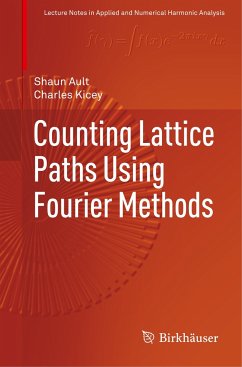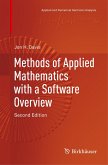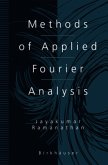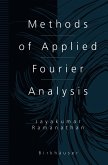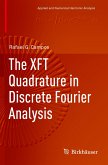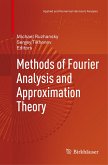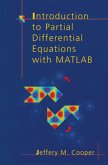This monograph introduces a novel and effective approach to counting lattice paths by using the discrete Fourier transform (DFT) as a type of periodic generating function. Utilizing a previously unexplored connection between combinatorics and Fourier analysis, this method will allow readers to move to higher-dimensional lattice path problems with ease. The technique is carefully developed in the first three chapters using the algebraic properties of the DFT, moving from one-dimensional problems to higher dimensions. In the following chapter, the discussion turns to geometric properties of the DFT in order to study the corridor state space. Each chapter poses open-ended questions and exercises to prompt further practice and future research. Two appendices are also provided, which cover complex variables and non-rectangular lattices, thus ensuring the text will be self-contained and serve as a valued reference.
Counting Lattice Paths Using Fourier Methods is ideal for upper-undergraduates and graduate students studying combinatorics or other areas of mathematics, as well as computer science or physics. Instructors will also find this a valuable resource for use in their seminars. Readers should have a firm understanding of calculus, including integration, sequences, and series, as well as a familiarity with proofs and elementary linear algebra.
Counting Lattice Paths Using Fourier Methods is ideal for upper-undergraduates and graduate students studying combinatorics or other areas of mathematics, as well as computer science or physics. Instructors will also find this a valuable resource for use in their seminars. Readers should have a firm understanding of calculus, including integration, sequences, and series, as well as a familiarity with proofs and elementary linear algebra.

